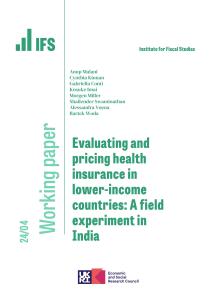Abstract
OBJECTIVE:
To assess the association between depressive symptoms and incident chronic illness burden in prospective longitudinal analyses.
METHODS:
We analysed data from 2472 participants (62.88 ± 8.49 years old; 50.8% female) from the English Longitudinal Study of Ageing (ELSA). Depressive symptoms were measured using the Centre for Epidemiological Studies Depression (CES-D) scale at baseline in 2004, and participants were followed up for 10 years. Participants with prevalent illness at baseline (coronary heart disease [CHD], other cardiac illness, stroke, cancer, diabetes/high blood glucose, arthritis, lung disease, osteoporosis and Parkinson's disease) were excluded from models predicting illness burden (the sum of illnesses reported) over follow-up. Linear regression was used controlling for a wide range of covariates.
RESULTS:
The mean chronic illness burden was 0.57, with 43.1% experiencing at least one incident physical illness. Baseline continuous CES-D score was a significant predictor of incident chronic illness burden up to 10 years later (incident rate ratio = 1.05, 95% confidence intervals = 0.05-0.21, p = .003), independent of sociodemographic, behavioural, cognitive and clinical covariates. Sensitivity analyses excluding participants who developed a chronic illness within the 2 years following baseline corroborated the main results.
CONCLUSION:
Depressive symptoms were associated with greater incident chronic illness burden 10 years later. These findings have clinical implications for the treatment of depression in physically healthy older adults.
Copyright © 2018 The Authors. Published by Elsevier Inc. All rights reserved.
KEYWORDS:
Chronic illness burden; Depressive symptoms; English Longitudinal Study of Ageing; Longitudinal; Multimorbidity








